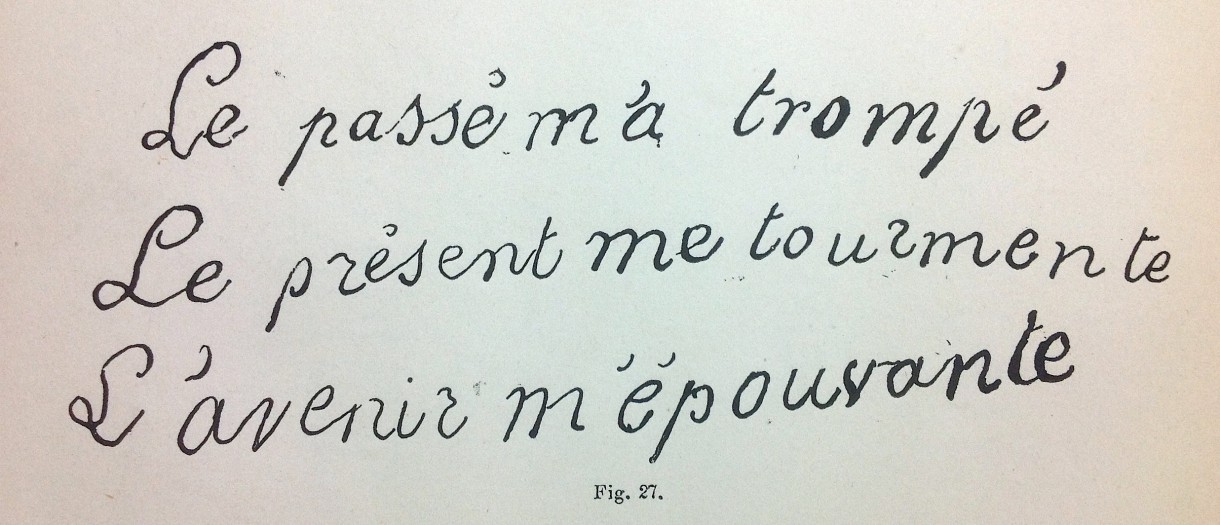The project is called "Redemption through reading"
In Brazil, prisoners can get out of jail sooner if they read books.
In 2012, Brazil created a new kind sentence remission. The federal inmates can reduce the length of their sentences through reading.
The government provides four days per book read.
They can read up to 12 works of literature, philosophy and science per year, earning up to 48 days of detention in a year.
The Brazilian government explains that prisoners will have four weeks to read a book and then write an essay on the subject.
A panel will then decide whether the prisoner can obtain his pardon.

A french experiment lead in 19th century.
A doctor, Alexandre Lacassagne, asks inmates to write the story of their lives.
In exchange, they get some daily improvements as gifts.
His plan: to establish the science of crime. He wants to classify crimes information in order to establish a "truth"
Suddenly, the convict accesses to the storytelling, he can tell their story, not only their sins but also their troubles .
The device is reversed: the "space" opened by the doctor may also be a space where prisoners can complain.
Several prisoners write long pages not about crimes but about their suffering. (they are into the act of writing; they're using codes : chapters, footnotes pages..)
This confession includes all the abuse that they have been subjected, sore they never told, strokes never revealed.
For the first time in their lives, prisoners have the opportunity to say the chaos in their lives. This experience allows them the opportunity to say a multitude of emotions that confession doesn't allow : dreams & fears
It's a possibility to express, so THAT reintroduce the complex, and we finally can get out of the binary thinking : the offender and victim, good and bad ..
The cell becomes space of confession, but Lacassagne uses this scheme confession by varying its terms, he creates an illusion of freedom.
Physicians deploy this criminal anthropology for 25 years , where they list the physical, mental characteristics , constitute a collection of cases documented by objects, photographs and writings, take into account the social, hereditary factors ... This experiment is terminated during the First World War.

2 EXPERIMENTS ABOUT READ & WRITE IN PRISON
back to main page